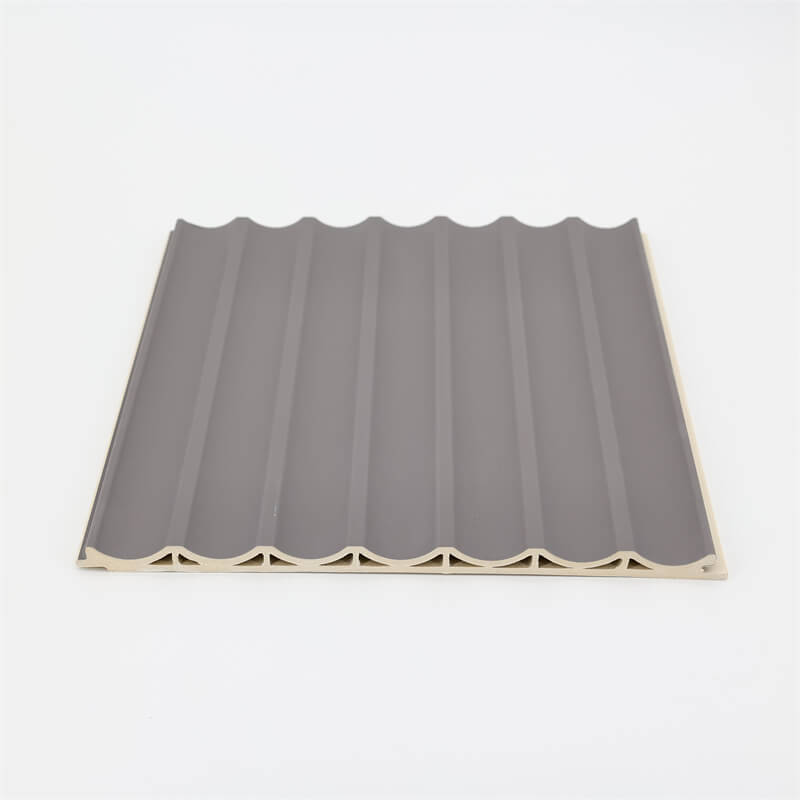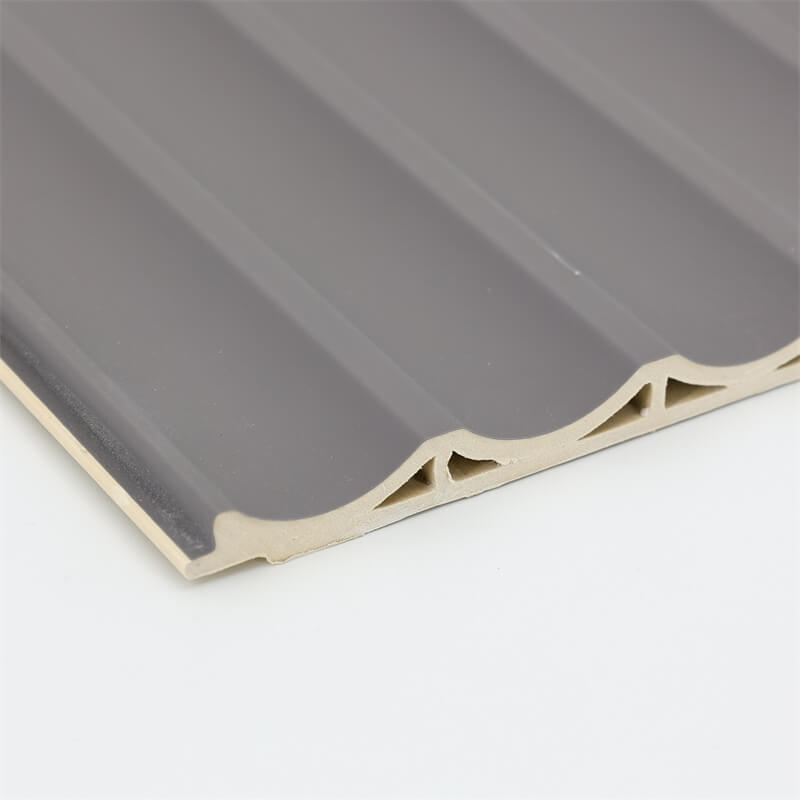
Wood-Plastic Composite (WPC) has rapidly gained popularity as a cost-effective alternative for modern construction projects.
Its unique blend of wood fibers and plastic makes it a versatile and durable material, offering various benefits over traditional construction materials.
In this article, we’ll explore how WPC can unlock savings in construction, making it a cost-effective choice for builders, architects, and homeowners alike.
Understanding Wood-Plastic Composite (WPC)
Wood-Plastic Composite, or WPC, is a composite material made from a combination of wood fibers or sawdust and plastic resins.
The blend of these materials results in a strong, weather-resistant, and low-maintenance product that closely resembles the appearance of natural wood.
WPC is available in various forms, such as decking, siding, fencing, and even indoor applications like furniture and flooring.
Advantages of WPC in Modern Construction
Cost Savings in Material Acquisition
WPC is a cost-effective choice compared to traditional wood and other materials.
Wood fibers used in WPC are often sourced from recycled or surplus wood, reducing raw material costs.
Additionally, the ability to recycle and reuse WPC makes it a sustainable and economical option.
Durability and Longevity
WPC is highly durable and resistant to rot, decay, and pests, which can lead to significant cost savings in maintenance and replacements.
Its longevity ensures that WPC structures and applications last for many years without compromising their appearance or functionality.
Low Maintenance Costs
Unlike traditional wood that requires frequent staining, sealing, and sanding, WPC requires minimal maintenance.
Occasional cleaning with soap and water is sufficient to keep WPC surfaces looking fresh and attractive.
This reduced maintenance translates to lower long-term costs for homeowners and commercial property owners.
Energy Efficiency
WPC has excellent thermal insulation properties, which can contribute to energy savings in buildings.
When used for exterior cladding or siding, WPC can help maintain a stable indoor temperature,
reducing the need for heating or cooling systems and leading to lower energy consumption.

Applications of WPC in Modern Construction
WPC’s versatility allows it to be used in a wide range of construction applications, including:
Decking: WPC decking is a popular choice for outdoor spaces due to its durability, low maintenance, and aesthetic appeal.
It provides a cost-effective and eco-friendly alternative to traditional wood decking.
Siding and Cladding: WPC siding and cladding offer weather resistance and excellent insulation properties.
They can enhance the appearance and energy efficiency of residential and commercial buildings.
Fencing: WPC fencing provides a long-lasting and attractive barrier for properties.
Its resistance to rot and pests ensures it remains in excellent condition for years, reducing the need for frequent replacements.
Indoor Flooring and Furniture: WPC can be used for indoor flooring and furniture,
providing a cost-effective and eco-friendly option for interior design.
Tips for Evaluating WPC for Construction Projects
Research and Compare Suppliers
When considering WPC for your construction projects, research and compare different suppliers.
Look for reputable companies with a track record of providing high-quality WPC products.
Obtain samples and product specifications to assess the material’s quality and suitability for your specific application.
Consider Life Cycle Costs
While WPC may have a higher initial cost compared to some traditional materials, consider the life cycle costs of the product.
Factor in its durability, low maintenance requirements, and long-term performance to understand the overall cost-effectiveness of WPC over its lifetime.

Explore Customization Options
WPC can be manufactured in various colors, finishes, and profiles,
allowing for customization to suit your project’s design requirements.
Explore the customization options offered by suppliers to find the best fit for your construction project.
Engage Professional Installation Services
For complex construction projects, consider engaging professional installation services.
Proper installation is essential to maximize the performance and longevity of WPC materials.
Professional installers can ensure precise fitting and adherence to industry standards, leading to optimal results.
Unlocking savings with WPC in modern construction is not only cost-effective but also environmentally responsible.
Its blend of wood fibers and plastic results in a durable and low-maintenance material that offers numerous advantages over traditional construction materials.
From decking and siding to fencing and indoor applications, WPC’s versatility makes it suitable for a wide range of construction projects.
When evaluating WPC for your construction needs, consider factors such as material quality,
life cycle costs, customization options, and professional installation services.
By making informed decisions and harnessing the cost-saving benefits of WPC,
you can create sustainable and visually appealing structures that stand the test of time.
